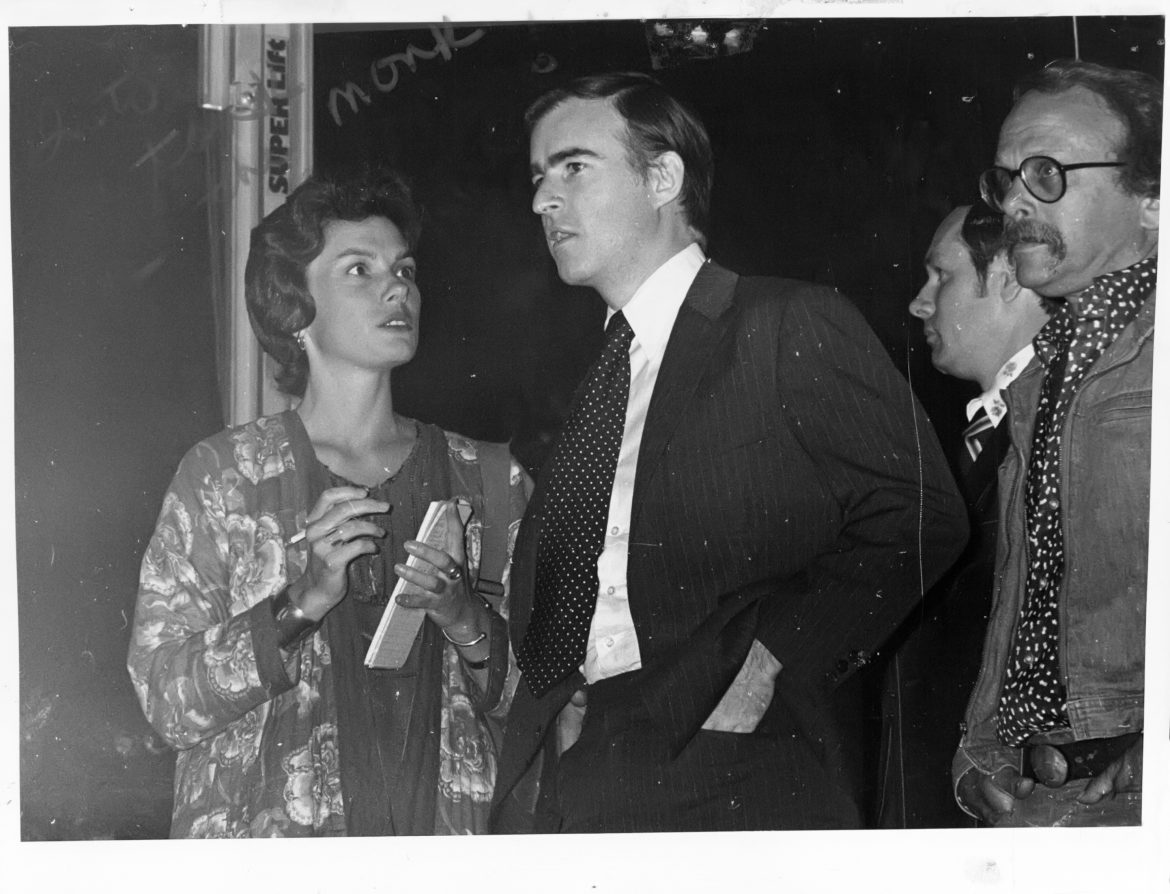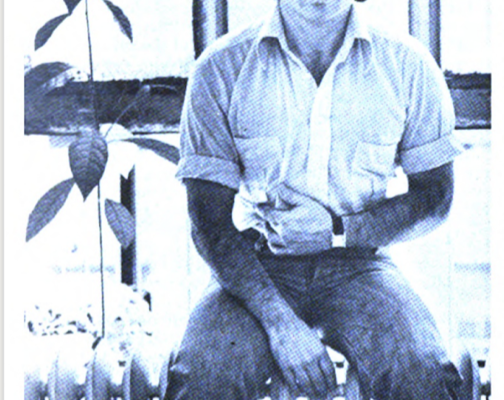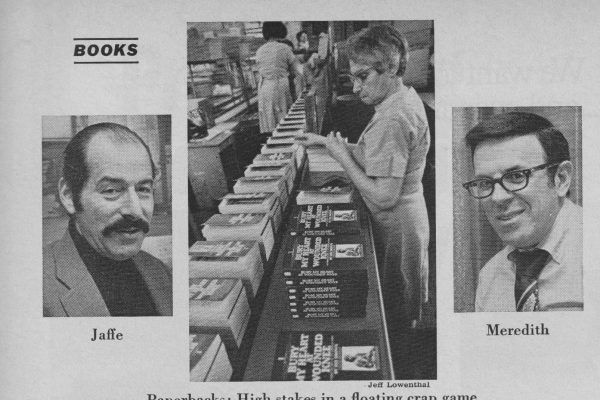Newsweek May 31, 1976
Presidential candidate Jerry Brown stood in a corner of the stage, sipping a beer and tentatively shaking his pinstriped shoulders to the beat of Linda Ronstadt’s rousing rendition of “When Will I Be Loved.” Out front, 18,500 screaming rock fans had trekked to Largo, Md., to hear Ronstadt, the Eagles, and Jackson Browne perform a benefit concert for Brown’s winning primary campaign. “Is it always like this?” the California governor asked incredulously. He was assured that it was. Boasted a rock publicist backstage: “With this billing we could have sold out for Hitler.”
The night’s work netted Brown $75,000. And with Federal matching funds added onto the gross sum, the total take will probably hit $225,000 – 36 percent of all the money Brown had raised to date. This year, pop stars are being pursued by some politicians the way corporate executives and fat cats used to be. Under the new campaign laws, individuals are limited to donations of $1,000, but thanks to a loophole in the legislation, entertainers can donate their services for whatever they can donate their services for whatever they can bring in at the gate. “In politics, music, is the best quick way to raise money,” says Tom Beard, who holds the new campaign post of “rock coordinator” for Jimmy Carter.
Backstage: While Brown was onstage in Largo, Carter was in nearby Baltimore paying a backstage call on Ray Charles. Both candidates have feelers out to Bob Dylan and to John Denver who, with Federal funds, could bring in $1 million in a single night. Denver has considered doing two benefit concerts – one for Republicans and one for Democrats – but wonders whether the politicians are “mature enough” to accept that.
Other candidates have occasionally teamed up with more seasoned singers, such as Ella Fitzgerald and Sonny Bono (Ford) and Harry Belafonte and Mary Travers (Udall). But only Carter and Brown wage the real battle of the bands. Not surprisingly, Carter has swept the sound of the South, leading off with the Georgia-based Allman Brothers Band, Black Oak Arkansas, the Marshall Tucker Band and Johnny Cash. He has also snared old-smoothy Billy Eckstine and New York’s kinky Lou Reed, whose latest hit is about a guy who murders his pickup instead of making love. Brown, who has phoned 30 performers, has taken the West and signed up Chicago, the Carpenters, Helen Reddy, Stephen Stills and Neil Young to do benefits. Carter is courting the Beach Boys, and Brown’s rock rep, Paul Drew, the powerful programmer for RKO Radio, is waiting to speak personally to Diana Ross.
Carter started cultivating the rock heavies in 1974. When still governor of Georgia, he gave a post-concert dinner for Dylan at the governor’s mansion in Atlanta and presented him with an old Hebrew coin Golda Meir had given him. About 4 a.m., after everyone had left, Gregg Allman showed up insisting on seeing the governor. Awakened, Carter came down barefoot, wearing Levis and an Allman Brothers T shirt. Since then Carter’s friendship for Allman hasn’t wavered, despite the fact that Allman was granted immunity for turning state’s evidence in a Federal cocaine-smuggling case in Georgia last winter and has been treated for heroin addiction.
So far, the Allman’s manager, Phil Walden, has helped Carter raise more than $200,000 in concerts and in contributions from the music industry. Walden, president of Macon’s Capricorn Records, is on Carter’s national steering committee: at the Democratic convention in July he will help Carter entertain delegates with free concerts at Lincoln Center, complete with watermelon and peanuts. “The approach on the selling of a candidate is not unlike the selling of a new group,” says Walden.
Short-Circuited: Although Brown has only recently come on the Presidential scene, he has already weighed in with some of the heaviest rock acts, like the Eagles. Carter backed Joe Smith, chairman of Elektra/Asylum/Nonesuch Records, which records the Eagles, was crushed at their defection. “Brown short-circuited us,” he laments. “We could have had the Eagles if we had them exposed to Jimmy Carter.” But Brown go to the country’s No. 1 rock band first. Paul Drew arranged a dinner with Brown, the Eagles and Linda Ronstadt in Los Angeles. “He answered some of our questions straight and some elliptically – as honestly as he could and still maintain political expediency,” reports Ronstadt, who has dated Brown. Says Glenn Frey of the Ealges: “I don’t mind his being sneaky or evasive. It’s like our music – we allow our subleties to sneak across.”
Still, Ronstadt is disturbed by the increasing mix of politics and show business. “This whole thing makes me extremely nervous,” she said in her dressing room at the Largo show. “Rock ‘n’ roll and politics ought to stay separate like church and state. I think Brown would make the best President, but I don’t feel qualified to say the campaign is deserving of our putting $100,000 into his hands.” Frey disagrees. “People can trust me and the money I raise a lot more than the oil companies,” he says. The pop stars claim they don’t want anything for the sizable contributions they’re making to Campaign ’76 – nor do the campaigners say they’ll get anything. “What are we gonna do,” asks Carter’s Tom Beard, ” – make Gregg Allman the head of the Food and Drug Administration?”
This article is typed from the original material. Please excuse any errors that have escaped final proofreading.




No Comments